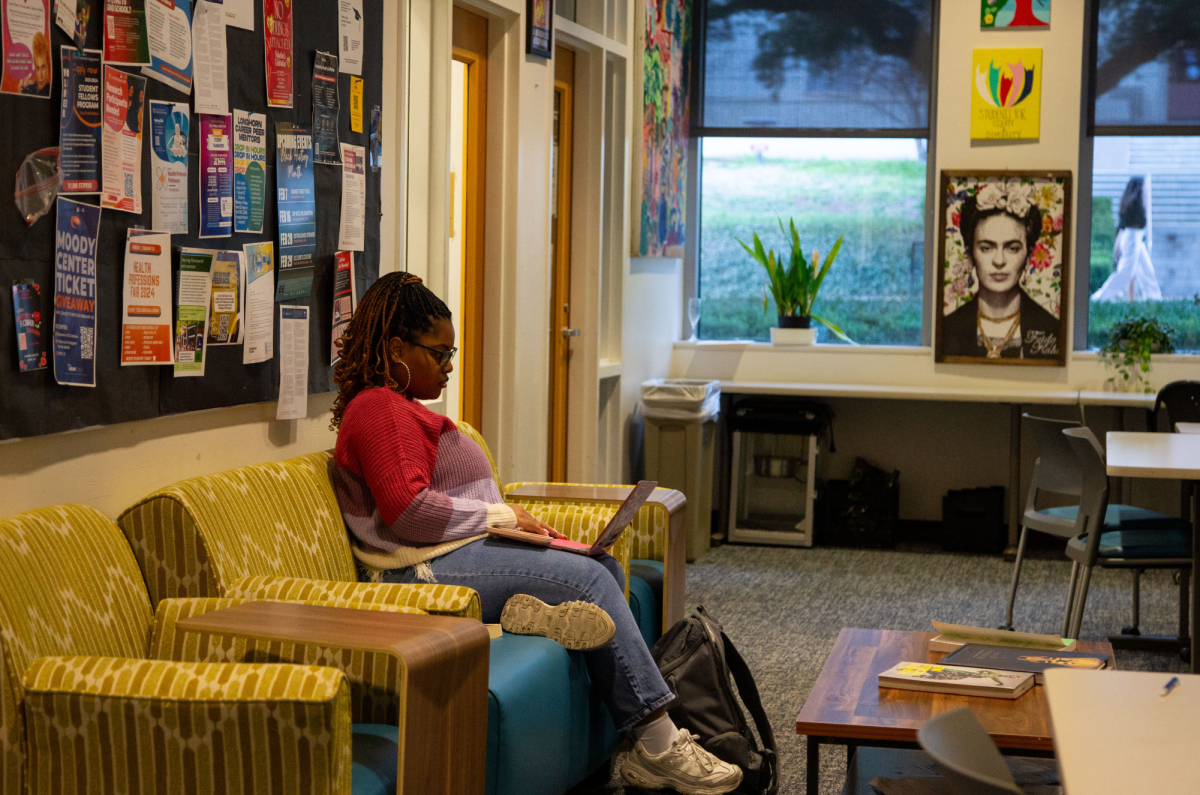Nobel Prize-winning author J.M. Coetzee’s archives, which were acquired by the Harry Ransom Center in 2011, are now available to the public for research.
The archive spans from approximately 1960 to 2012 and includes manuscripts and letters documenting Coetzee’s attempts to find a publisher, among other business transactions and personal papers.
“There’s no end to the discoveries that can be made in this archive, but I think it’s especially valuable for students to see how many times Coetzee revises and rewrites his drafts,” Megan Barnard, a curator of contemporary literature, said. “He tries out various openings to his works, alters his characters and even shifts narrative perspectives.”
Coetzee received his doctorate at UT for his dissertation on Samuel Beckett, which he researched using the Ransom Center’s collection of Beckett’s papers. Included in Coetzee’s archives is a letter from the UT English department offering Coetzee a job as a teaching assistant, with a $2,000 per year salary.
“It is a privilege to have graduated from being a teaching assistant at The University of Texas to being one of the authors whose papers are conserved here,” Coetzee wrote in a blog for the Ransom Center.
Coetzee, who was born in South Africa, now lives and teaches in Australia. However, he remembers the initial impression he had of the Ransom Center when he came to UT as a doctoral student.
“In the 1960s the Ransom Center already had a certain fame, worldwide, for having struck out into a new field for collectors — the field of living authors and their manuscripts,” Coetzee wrote. “The word ‘brash’ tended to find its way into comments on the Ransom Center and its activities, as did the phrase ‘oil money.’”
The archives fill more than 140 document boxes, Barnard said, and trace Coetzee’s writing process through multiple drafts.
“He writes and rewrites repeatedly before completing a book,” Barnard said. “I think it’s important for students to see that writing is a process, that the best writing doesn’t come easily to anyone, not even to a Nobel Laureate.”
Jan Wilm, a lecturer and doctoral candidate at Goethe University Frankfurt, will use the archive for his dissertation on the similarities between literary and philosophical writing.
“Whereas the philosophical — aesthetic, ethical, epistemological — implications of J.M. Coetzee’s work are a fascinating subject for thematic studies of his oeuvre, I am more interested in how philosophical dimensions are integrated into the form of his writing,” Wilm said. “For such a study, it is of inestimable value to track the developments from draft stage to published work.”
Published on March 25, 2013 as "Writers' archives available to public".




















